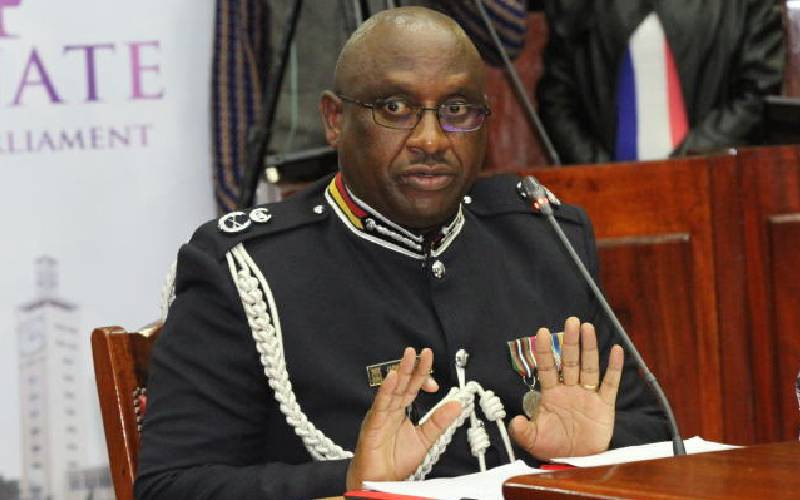
The fourth Police Inspector General of Kenya was sworn yesterday. As Japhet Koome assumes office, what might he find in his in-tray and which opportunities could he seize to deepen human rights based, professional policing and access to justice for all?
Firstly, an admission. I attended and actively contributed to the vetting of the incoming Inspector General through a memorandum and petition offered by the Police Reforms Working Group. The petition posed a few inconvenient and hard questions to the nominee related to his role in 2017 post-election violence. The action was neither personal nor vindictive. While parliamentary vetting of State officer nominees is crucial for legislative oversight, active public participation is the fullest expression of the constitutional article 1 that states "the people are sovereign".